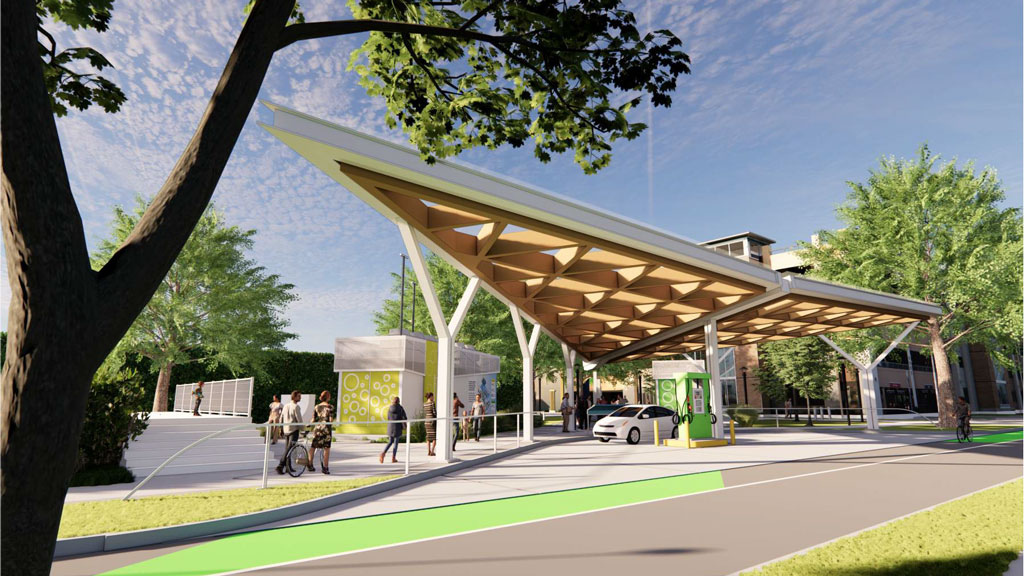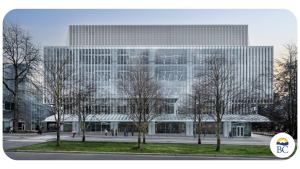VANCOUVER — The University of British Columbia (UBC) will soon be a testing site for hydrogen power.
The school has broken ground on the Renewable Energy Hub, a city-sized block of campus that will be used to test low-carbon hydrogen power.
“Our government’s support for UBC’s Renewable Energy Hub is an example of our commitment to helping communities and organizations reduce their pollution, which in turn helps us reach our CleanBC targets,” said Bruce Ralston, minister of energy, mines and low carbon innovation, in a statement. “Both the production and end use of low-carbon hydrogen on the UBC campus show this technology is not just the future, it’s here today.”
The Renewable Energy Hub will be built at the corner of Wesbrook Mall and Thunderbird Boulevard. The project will include a solar panel system that harnesses the sun’s energy to charge electric vehicles. That same solar power provides energy to a water electrolyzer that produces “green” hydrogen. The hydrogen is then sent to a hydrogen vehicle refuelling station to service light- and heavy-duty fuel cell vehicles.
This technology will also make it possible to explore other hydrogen applications, such as injection into the natural gas grid to decarbonize space heating.
“This is an exciting moment for UBC,” said Santa J. Ono, president and vice-chancellor, UBC. “In the face of a growing climate crisis, we are mobilizing even more of our institutional education, research and innovation capacity to pursue climate solutions. This renewable energy hub is an important piece, and we are truly grateful to our partners in government and industry who helped bring it to life.”
The province has approved the project to receive B.C. Low Carbon Fuel Standard (LCFS) credits with a current market value of approximately $5.6 million. The LCFS supports the production and use of renewable fuels, reducing greenhouse gas emissions and stimulating investment, training and jobs in clean technology.




Recent Comments
comments for this post are closed